The 50-day war led to 74 deaths on the Israeli side, a number of whom were soldiers killed by Hamas tunnel surprise attacks. It also included 4,251 rockets being fired upon the home front – paralyzing the South, briefly halting flights at Ben Gurion airport and leaving most of the country’s regions a target at one point or another.
The report found that the tunnel threat, which Prime Minister Benjamin Netanyahu and then-defense minister Moshe Ya’alon had defined as “the highest level strategic and significant threat,” had only been presented to the cabinet “in general and limited statements which were insufficient to clarify the severity of the threat and to establish the necessary level of awareness for the rest of the cabinet.”
In fact, the report found that only after the cabinet meetings on June 30, 2014 and the first meeting in July, 2014, only days before war broke out, could the cabinet understand the severity of the tunnel threat.
Shapira also slammed the security cabinet ministers themselves for failing: failing to show interest, failing to request a wider presentation on the tunnel threat and failing to demand that the IDF present a plan for counteracting the threat.
The report also blasted Netanyahu, Ya’alon and then IDF chief-of-staff Lt. Gen. Benny Gantz for not initiating any discussions with the cabinet on how they proposed to counteract the tunnel threat in the event of hostilities.
A significant aspect of these failures was that the defense establishment repeatedly refused to cooperate with or delayed cooperation with the National Security Council, whose primary job is to keep the cabinet fully informed and prepared for all major war and peace issues.
Shapira wrote that even the trio at the top of the hierarchy, and the intelligence chiefs who knew the level of the threat, did not invest enough resources or properly prioritize the tunnel threat.
Even once they started to treat the tunnel threat more seriously, too little was done too late, said the report.
Shapira’s conclusions and criticism may threaten to topple Netanyahu or to permanently wound his “Mr. Security” image, making him far more beatable politically when the next election comes along.
The report’s conclusions also could tarnish the reputations of Ya’alon, Gantz, former Shin Bet (Israel Security Agency) Director Yoram Cohen and former National Security Council chief and current Mossad Director Yossi Cohen. The findings could also serve as a campaign boost for Education Minister Naftali Bennett and Yesh Atid party leader Yair Lapid in attacking Netanyahu.
On Monday, Lapid pressed Netanyahu to face his mistakes and opposition leader Isaac Herzog slammed both Netanyahu and Lapid for errors described in the report, while Bennett has been Netanyahu’s most consistent critic on the issue and the focus of Netanyahu’s counterattack.
In leaked transcripts of the security cabinet’s meetings from the war, Bennett is shown coming into repeated confrontation with Ya’alon over the need to provide more information, and with Gantz over Bennett’s desire for him to present more aggressive options for using force against Hamas.
Some key figures in the report who are likely unscathed are then IDF intelligence chief Maj. Gen. Aviv Kochavi, who is hit with heavy criticism, but has already been promoted to be IDF Deputy Chief-of-Staff in-waiting, and former Mossad director Tamir Pardo, who is frequently mentioned without being criticized. Then head of Southern Command Maj. Gen. Sami Tourgeman also is portrayed as showing insight regarding the tunnel threat.
Two major political forces who blasted Netanyahu regarding his conduct of the war in the past, but have been more silent recently, are Defense Minister Avigdor Liberman, who must tread lightly since he moved from the opposition to a top ministry job, and former top Likud minister Gidon Sa’ar.
The report is so significant that most of the above figures and a number of others have been waging a media battle of leaks about the report dating back nearly nine months.
In May, Shapira asked that the state prosecution investigate who leaked drafts of the report, which were under gag order until February 28.
The Justice Ministry told The Jerusalem Post on Monday that it is still reviewing the leak issue. When pressed for even basic details about the status of its review nine months after it opened, the ministry refused to provide any detail, including whether the issue had become a full criminal investigation or was a mere review.
To try to protect his stature, Netanyahu even held an approximately four-hour long session with The Jerusalem Post and other media outlets, around 90% of which was devoted to his narrative regarding issues raised by the report.
Besides the tunnel issue, the other central criticisms of the report are that the war was avoidable, that at 50-days it was too long and that the security cabinet was not kept fully informed or fully consulted on big-picture strategy.
The report emphasized that the law states that the security cabinet is the ultimate authority. «The army is subordinate to the security cabinet, and is obligated by decisions that the cabinet makes regarding fateful decisions for national security,” said the report.
It also stressed the importance of the cabinet thus having all of the information available in order to make key decisions. «In a democratic country, decisions cannot be left to a small number of decision-makers,» the report read.
The security cabinet for the 2013-2015 government did not have meetings to discuss and decide on the country’s broader strategic policy and goals toward Gaza from 2013-2014. “When it did hold meetings on global strategy, it was presented with a very limited number of options which only touched on the potential level of the use of military force,” wrote Shapira.
He continued, “It did not entertain alternative foreign policies or policies regarding the difficult humanitarian situation in Gaza, regarding which the security establishment predicted could have consequences for the State of Israel.”
The strategic meetings were held after such a delay that the IDF was forced to develop its own strategic goals beforehand which focused on military concerns and did not necessarily take into account the full range of concerns of the political echelon.
The comptroller found that “significant and necessary information… regarding significant strategic hostile activities which could potentially emanate from Gaza, major gaps in intelligence which existed at the time regarding the Gaza Strip and on the limitations on the impact of aerial attacks on the Gaza Strip – were not presented to the ministers in a sufficiently comprehensive manner” before the war.
This despite the fact that “the information was in the possession of the prime minister, the then defense minister, the then IDF chief-of-staff and the then-intelligence chiefs: the head of military intelligence and the head of the Shin Bet (Israel Security Agency).”
At the time, those relevant officials were Netanyahu, Ya’alon, Ganz, Kochavi and Yoram Cohen, respectively.
More disturbingly, the report found that had earlier homework and more serious efforts been taken prior to the war, the results could have been very different.
Besides those global issues, the report blamed Netanyahu and Yaalon for keeping the security cabinet out of strategy discussions about the country’s long-term plans for Gaza, such that the war itself was not directed to particular long-term goals.
Netanyahu, Ya’alon, Gantz, Kochavi, Yoram Cohen and Yossi Cohen were hit with criticism that they did not share all of the intelligence with the security cabinet that they should have.
Missing from the picture presented to the security cabinet was that Hamas might overreact and escalate into a full war on any given incident if Israel escalated its application of military force beyond the usual targeted responses, and the extent of the tunnel threat.
Even within the IDF, insufficient resources and attention were allocated to coping with the tunnel threat, leaving IDF forces on the front to have to come up with ad hoc solutions for destroying the tunnels, the report said.
The unnecessary length of the war, which had terrible consequences for the country, is said to be attributed to miscommunications between the political and military echelons.
The report also slammed the security cabinet ministers themselves for failing to show sufficient interest or sufficiently preparing themselves on a range of issues regarding the war.
Collectively, its conclusions call into question whether the war was a success or a failure and whether top officials’ managed war and peace issues successfully or not.
Netanyahu, Ya’alon and Gantz have mainly responded to the report’s conclusions by attacking Bennett, while not comprehensively addressing the report’s conclusions themselves.
Two exceptions are that Netanyahu has disputed the report’s conclusions that the war was unnecessary or too long, citing the extended quiet that has been achieved post-war, and he has said that the main improvements he and the IDF made post-war were missed by the comptroller.
The report on the security cabinet’s decision-making processes and the Hamas tunnel threat are the second and third parts of a four-part report by the comptroller on different aspects of the war.
The first part concluded that the security establishment had not properly prepared portions of the home front for Hamas’s rocket onslaught, while the fourth part, expected to come out soon, will discuss to what extent Israel’s use of force complied with international law.



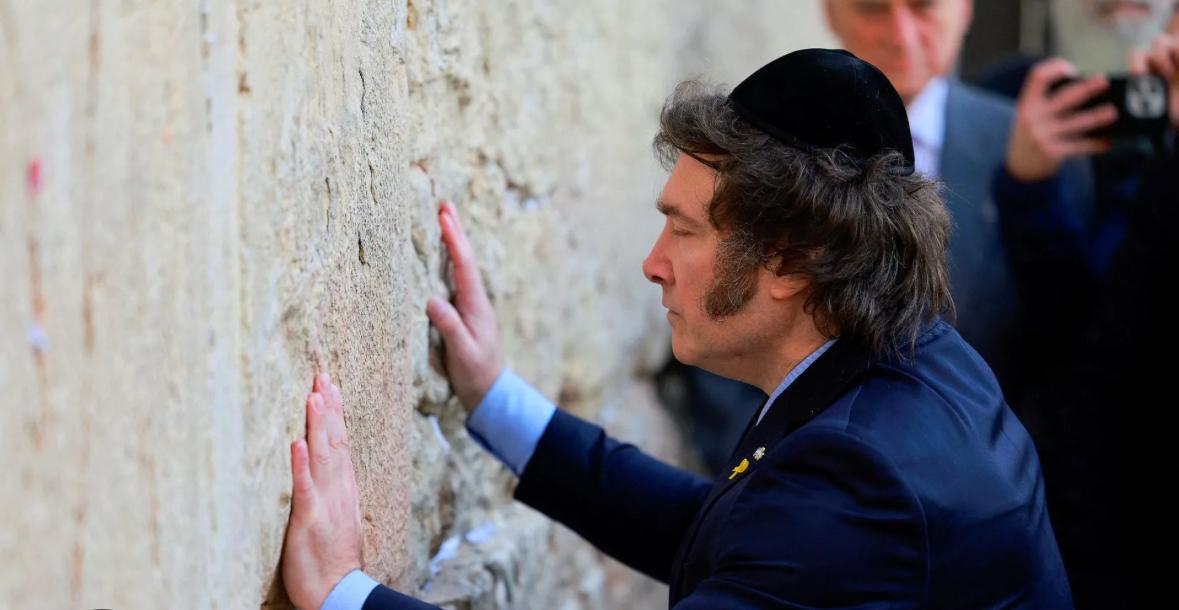
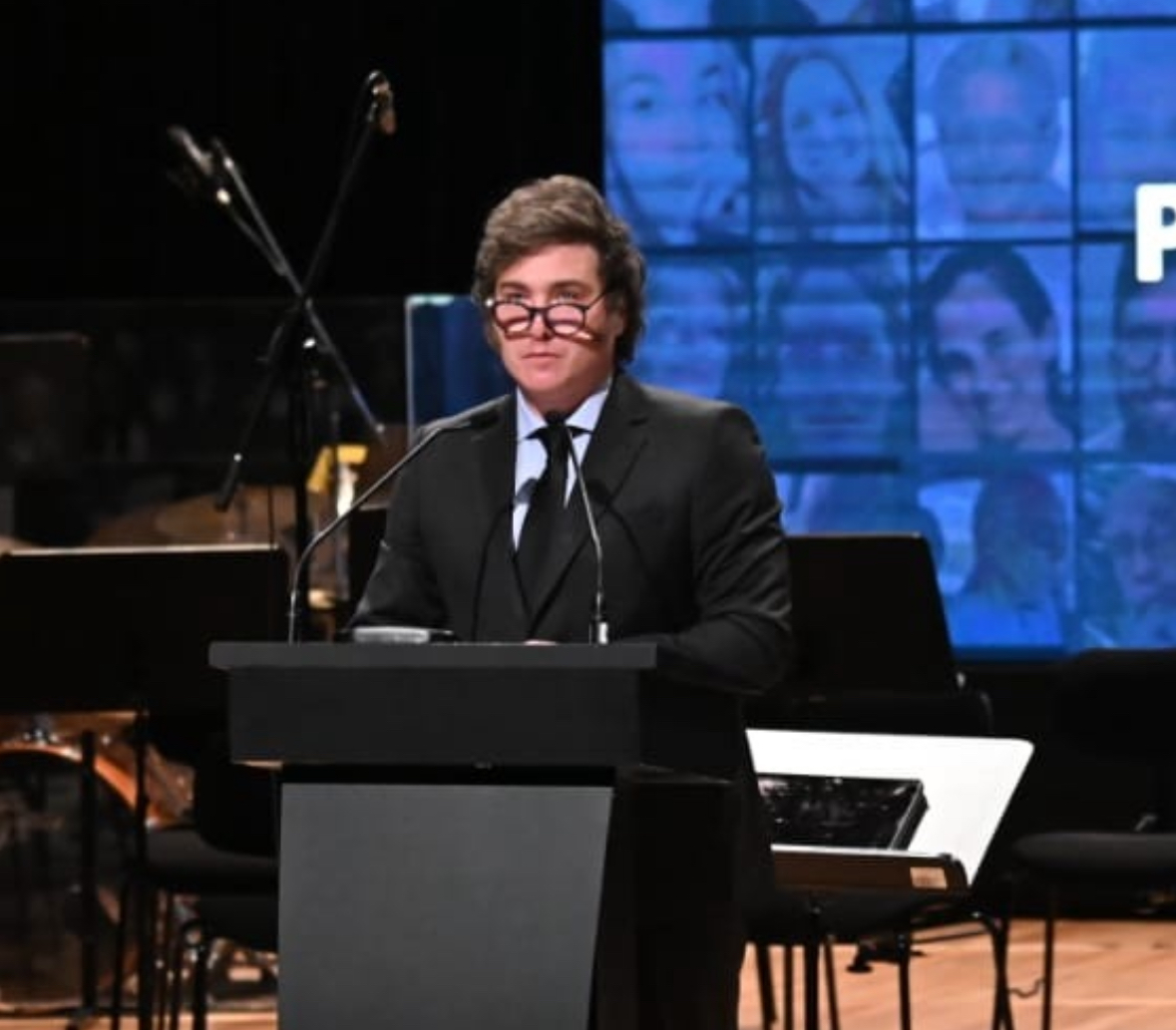
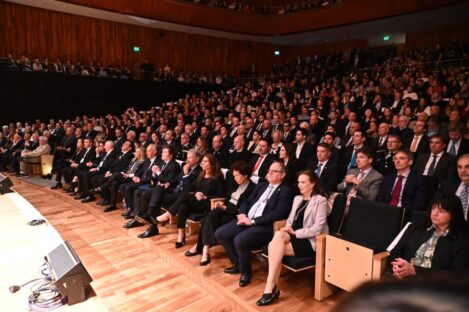


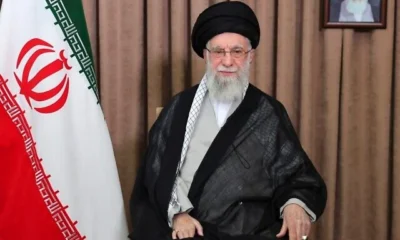

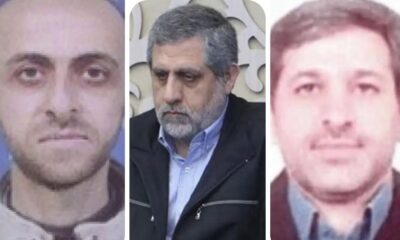

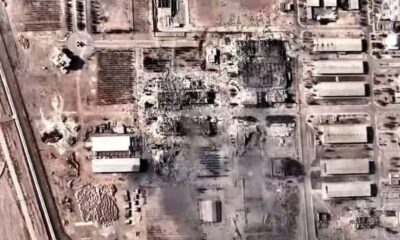

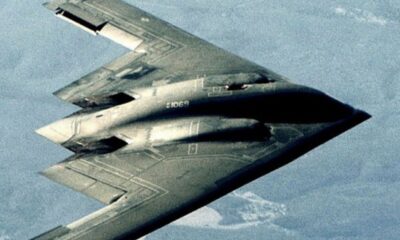

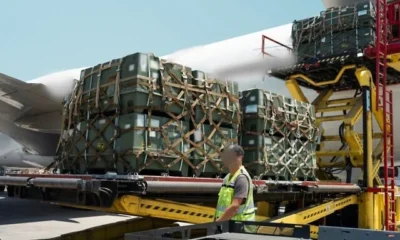





 Suscribite al Whatsapp!
Suscribite al Whatsapp!